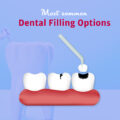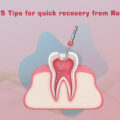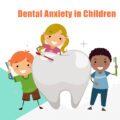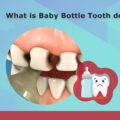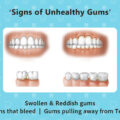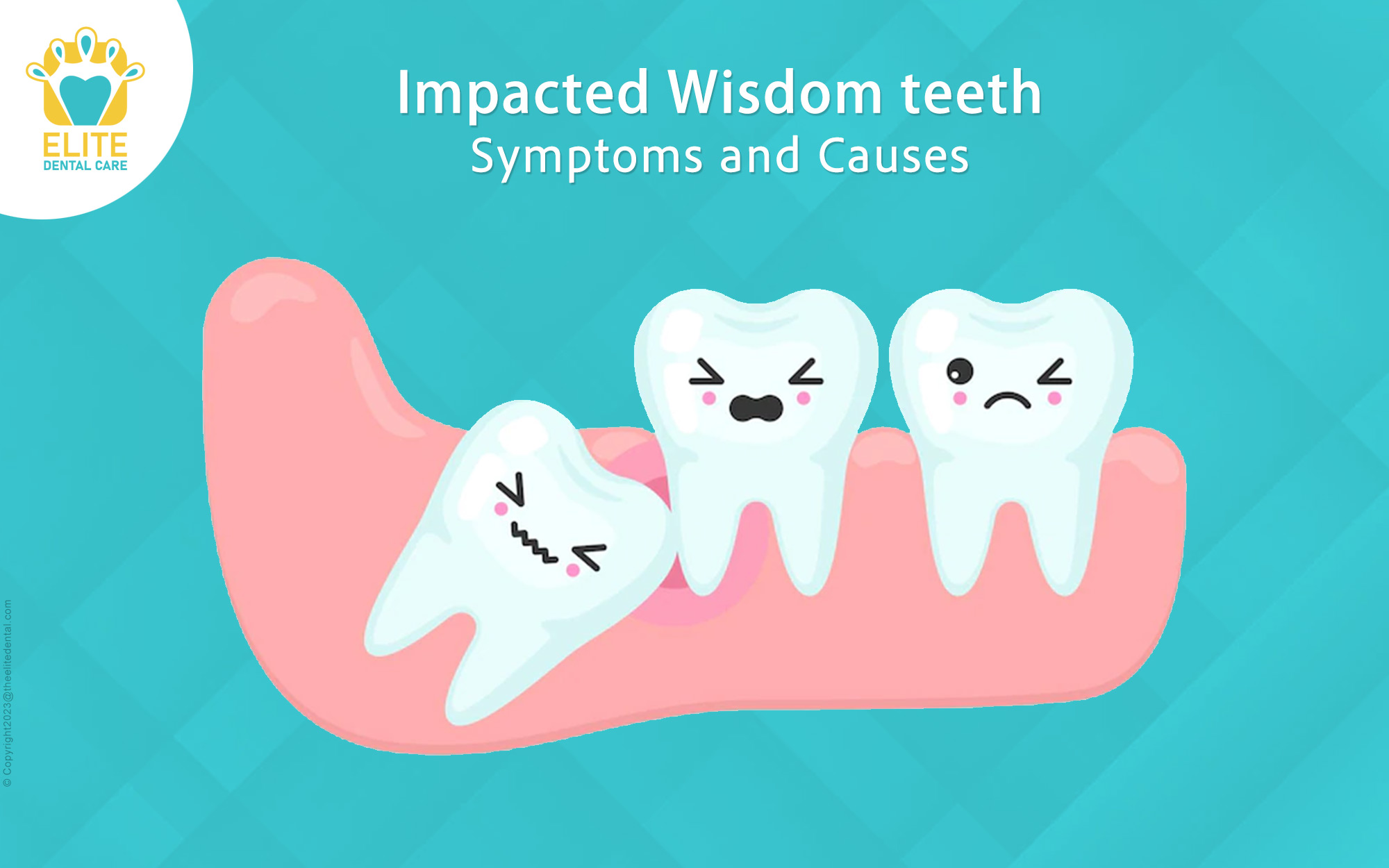
dental caredenturesflossinghygiene tipsoral healthTeeth Whitening
edental
29 January 2023
Impacted Wisdom teeth -Symptoms and Causes
An Introduction to Wisdom Teeth
Wisdom teeth are the last set of adult teeth to develop and normally emerge between the ages of 17 and 25. Impacted wisdom teeth are a common dental condition that can cause a variety of symptoms and complications. If wisdom teeth become impacted, meaning they are stuck and cannot fully erupt through the gums, they can cause pain, swelling, infection, and other problems.
Causes of Impacted Wisdom Teeth
Impacted wisdom teeth can be caused by a variety of factors, including
overcrowding in the mouth,
the position of the wisdom teeth,
and genetics.
When the jaw is too small to accommodate the wisdom teeth, they can become impacted. Other causes of impacted wisdom teeth include the teeth being positioned horizontally, angled toward or away from the second molar, partially grown in, or blocked by other teeth.
Symptoms of Impacted Wisdom Teeth
The symptoms of impacted wisdom teeth vary depending on the severity of the condition and the type of impaction. Common symptoms include
tenderness and
swelling in the gums,
pain when opening or closing the mouth or chewing,
jaw stiffness and difficulty opening the mouth,
bad breath, and difficulty cleaning the mouth.
In some cases, impacted wisdom teeth can cause a cyst or abscess, which can damage the jawbone. If a person experiences any of these symptoms, they should see their dentist as soon as possible.
Treatment for Impacted Wisdom Teeth
Treatment for impacted wisdom teeth typically requires surgical removal. The procedure is usually done in a dental office or hospital under local or general anesthesia. Before the procedure, the dentist will take X-rays to determine the position of the impacted wisdom teeth and the best approach for removal. During the procedure, the dentist will make an incision in the gums, remove the impacted teeth, and then close the incision with stitches. After the procedure, the patient may need to take antibiotics and pain medication to control any pain or discomfort.
Wrap Up!
While impacted wisdom teeth can cause a variety of symptoms and complications, they are a common dental condition that can be treated. If a person is experiencing pain or other symptoms associated with impacted wisdom teeth, they should see their dentist right away.
With prompt treatment and proper care, impacted wisdom teeth can be removed and the patient can be relieved of any pain or discomfort.
